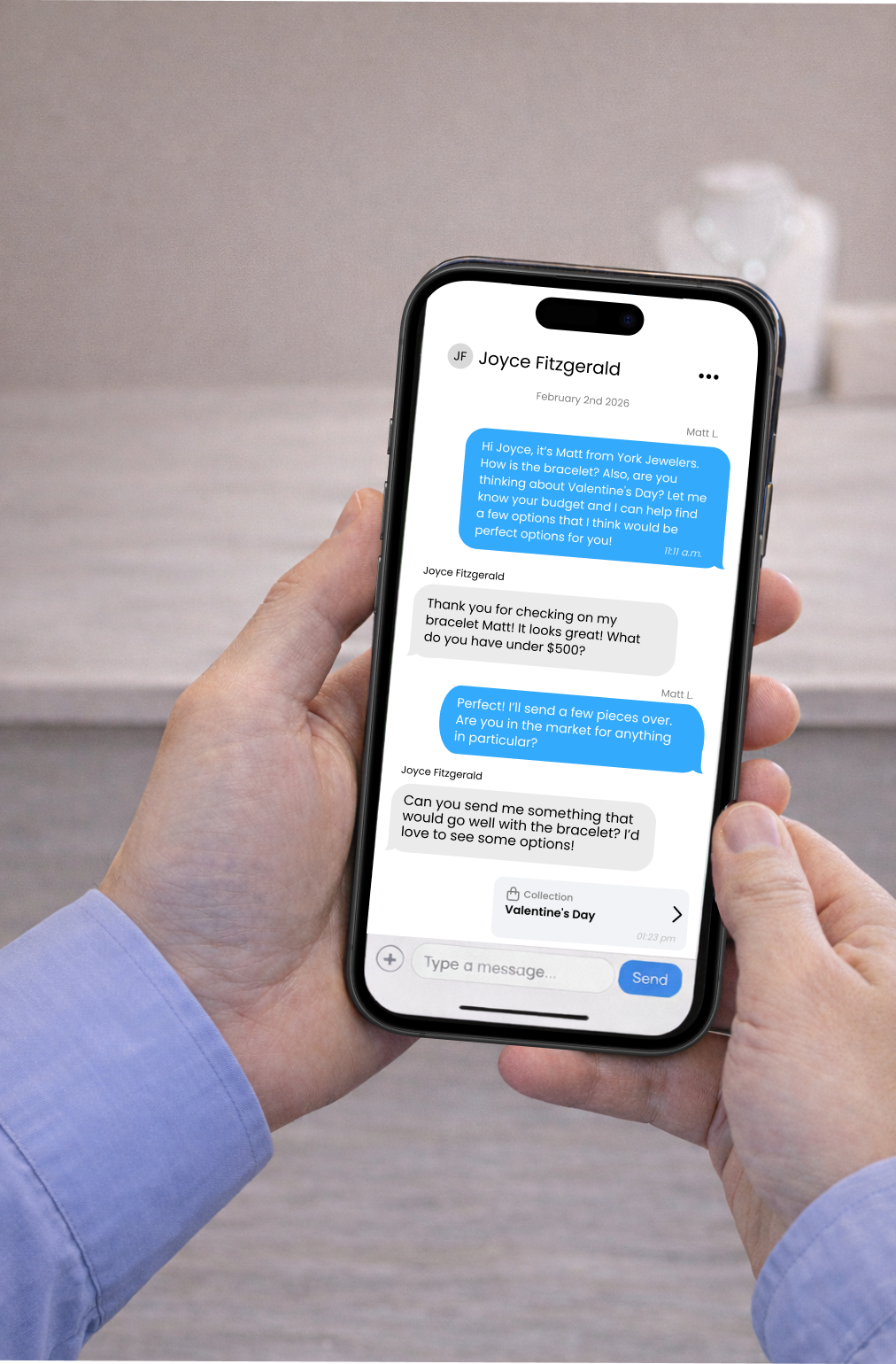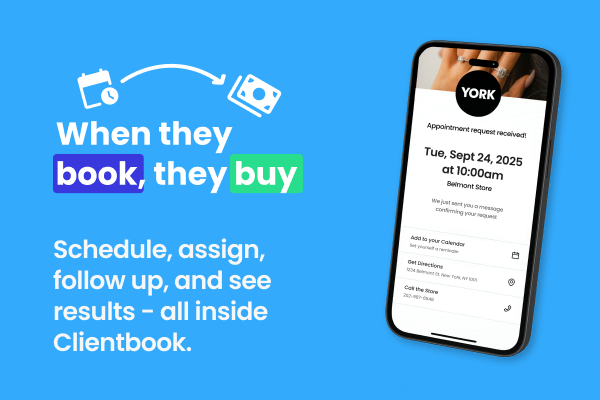With tools like ChatGPT and AI art generators taking the internet by storm, the possibilities for artificial intelligence seem practically limitless. Which begs the question: Can AI have useful applications in the retail industry?
The truth is, AI in retail is nothing new, and will only grow in popularity in the coming years. According to a report by Fact.MR, global demand for artificial intelligence technology in retail is expected to increase at a CAGR of 30.3% in the next 10 years.
In this article, we've got everything retail businesses need to know about AI, including what it is, examples of what it can look like in retail stores, and how it can help you at your business.
What is AI?
AI, or artificial intelligence, is technology that uses real-time data, algorithms, and machine learning to simulate human thinking. Depending on the tool, artificial intelligence can be programmed to perform any number of tasks human workers usually perform, including creating content, making product recommendations, and tracking inventory.
Real world examples of AI in retail
AI is all over the retail industry. From grocery stores, to fashion retailers, to furniture brands, thousands of companies are embracing retail technology and AI to help with everything from creating a more personalized shopping experience for customers to handling inventory management.
Here are just a few examples of how popular brands are making the most of AI:
- Inventory control: H&M uses AI to identify which products are selling best and may be low in stock soon by analyzing store receipts and returns. With the help of AI, they know which products to promote and which ones may need to be phased out.
- Customer recommendations: With the Pinterest Style Finder, West Elm allows users to have their Pinterest boards scanned so the AI tool can offer a list of personalized recommendations based on what the user has pinned on their board.
- Virtual assistants: Many retailers use chatbots and other virtual assistants to answer shoppers' questions on their website. Starbucks has even gone as far to offer AI-enabled voice ordering, where coffee-lovers can place an order through voice or text on the My Starbucks Barista app.
How AI can help retailers
With so many different applications, AI offers a number of benefits that have already transformed the retail landscape and will continue to reshape retail experiences in the years to come.
Let's break down a few of the ways AI can benefit the retail industry.
Encourages data-driven decision-making
AI relies on data to do its job, which in turn encourages retailers to use data to make better business decisions.
If we take the H&M example from above, the AI tool took data it learned from store receipts and processed returns and turned it into actionable insights to aid store owners' inventory management, product placement decisions, and promotional planning.
Rather than taking hunches and guesses on customer preferences, they used AI to make strategic, data-driven decisions that provide a better experience to customers.
Enhances the customer experience
Next, retail AI is designed to optimize the shopping process for both retailers and their buyers, so when done right, it improves customer satisfaction as a result.
AI allows retailers to offer shoppers things like personalized services, faster checkout times, and more relevant customer experiences. All things that customers increasingly expect from retailers today.
And for the retailers that are offering these kinds of services, it can do great things for their customer engagement and overall conversion rates.
Allows brick-and-mortar retailers to stay relevant
While physical stores certainly aren't going away any time soon, the convenience of online shopping is always attractive for today's consumers—which means brick-and-mortar retailers need to offer real value for their shoppers to make the effort they make to visit your store worth it.
AI is a great way to prove that your physical store can compete with online retailers and is still relevant in today's retail market.
Even if your use of AI is only on behind-the-scenes things like tracking inventory or financial planning, your customers will still feel the difference. After all, everything you do—even if it's not immediately customer-facing—is ultimately done to better serve your customer.
What's the difference between AI and automation?
If you're not ready for a total digital transformation at your retail store with AI, automation is a great step toward utilizing retail technology without entirely transforming your business with AI.
While AI uses machine learning to identify customer behavior patterns and adjust as needed, automation is a more basic tool that simply relies on a manual input of data to perform a task on repeat when triggered.
So while AI is always learning and creating, automation will keep doing the same thing, day after day, rain or shine. Which is great for when you want repeated reminders, a consistent cadence of emails to go out, or notifications alerting you to suspicious activity.
There are a number of tools in the retail industry that utilize automation. Clientbook is one of them. Clientbook is a mobile app and web platform that facilitates a variety of both manual and automated tasks for retailers.
Whether you want to build customer profiles, mass text a group of customers, or send personalized discounts to individual customers, Clientbook can help you do it. The best part is, you don't have to be a tech genius to figure it out. With Clientbook, we'll have you and your team using customer data to better retain and engage with your customers in no time.
Conclusion
Given all the buzz around AI, it's no surprise that it's found its way into the retail industry. However, it can be a challenge for retailers to keep up with all the changes. Luckily, there are smaller steps retailers can take to make the most of retail technology without completely altering their everyday practices.
By implementing a tool like Clientbook, you can easily start tracking customer data, making personalized product recommendations, and offering the kinds of retail experiences today's consumers expect.





